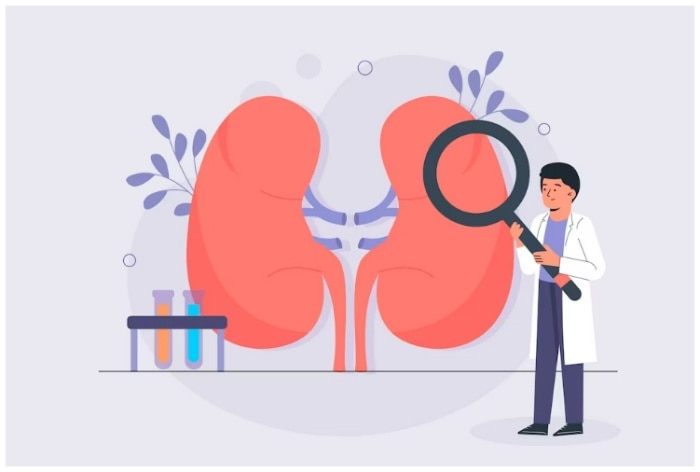In the realm of healthcare, knowledge is power. It empowers individuals to take control of their well-being, make informed decisions, and seek timely medical attention when necessary. Renal tumors, which affect the kidneys, are a serious health concern. Understanding the signs and symptoms of a growing renal tumor is crucial for early detection and treatment. In this comprehensive guide, we will delve into the ten major signs and symptoms that should not be ignored. Your health is paramount, and we are here to provide you with valuable insights that can make a difference.
1. Persistent Pain
One of the hallmark signs of a growing renal tumor is persistent pain in the lower back or side. This discomfort may be dull and constant or sharp and intermittent. It typically affects one side of the body and can radiate towards the abdomen or groin. If you experience unexplained and persistent pain, it’s essential to consult a healthcare professional promptly.
2. Blood in Urine
Hematuria, or blood in the urine, is a concerning symptom that should not be overlooked. It can manifest as pink, red, or brown urine. Even if the discoloration is subtle, it is crucial to seek medical attention. Blood in the urine can be a sign of various kidney conditions, including renal tumors.
3. Abdominal Mass
As a renal tumor grows, it can create a palpable mass or lump in the abdomen. Patients may notice a firm, non-tender swelling on one side of their abdomen. If you detect such a mass, do not delay in consulting a healthcare provider.
4. Fatigue and Weakness
Persistent fatigue and weakness can be symptoms of various medical conditions, including renal tumors. When a tumor affects the kidneys, it can disrupt the body’s ability to filter waste and produce essential hormones. This can lead to a feeling of constant fatigue and weakness, even with adequate rest.
5. Unexplained Weight Loss
Unintended weight loss, especially when not accompanied by changes in diet or physical activity, can be indicative of a growing renal tumor. The tumor’s presence may alter metabolic processes, causing unexplained weight loss in affected individuals.
6. High Blood Pressure
Kidneys play a vital role in regulating blood pressure. When a renal tumor interferes with kidney function, it can lead to hypertension (high blood pressure). Monitoring blood pressure regularly is essential, as early detection and management are crucial for preventing complications.
7. Changes in Urinary Habits
Keep a close eye on any changes in your urinary habits. This includes increased frequency, urgency, or difficulty in urination. Renal tumors can obstruct the urinary tract, leading to these uncomfortable symptoms.
8. Swelling in Extremities
Swelling in the legs, ankles, or feet, known as peripheral edema, can occur due to impaired kidney function caused by a growing renal tumor. If you notice unexplained swelling, it’s advisable to consult a healthcare professional.
9. Anemia
Anemia, characterized by a reduced number of red blood cells, can be associated with renal tumors. The kidneys produce a hormone called erythropoietin, which stimulates red blood cell production. A tumor’s impact on this hormone can result in anemia.
10. Fever and Night Sweats
Fever and night sweats, especially if accompanied by other symptoms on this list, should raise concern. While these symptoms are non-specific, they can be indicative of an underlying health issue, including a renal tumor.
In conclusion, being vigilant about your health is paramount, and recognizing the signs and symptoms of a growing renal tumor can lead to early diagnosis and intervention. If you or someone you know experiences any of these ten major signs and symptoms, do not hesitate to seek medical advice promptly. Your health and well-being are of utmost importance.
Remember, early detection and timely treatment can significantly improve outcomes for individuals with renal tumors. Stay informed, stay proactive, and prioritize your health.


